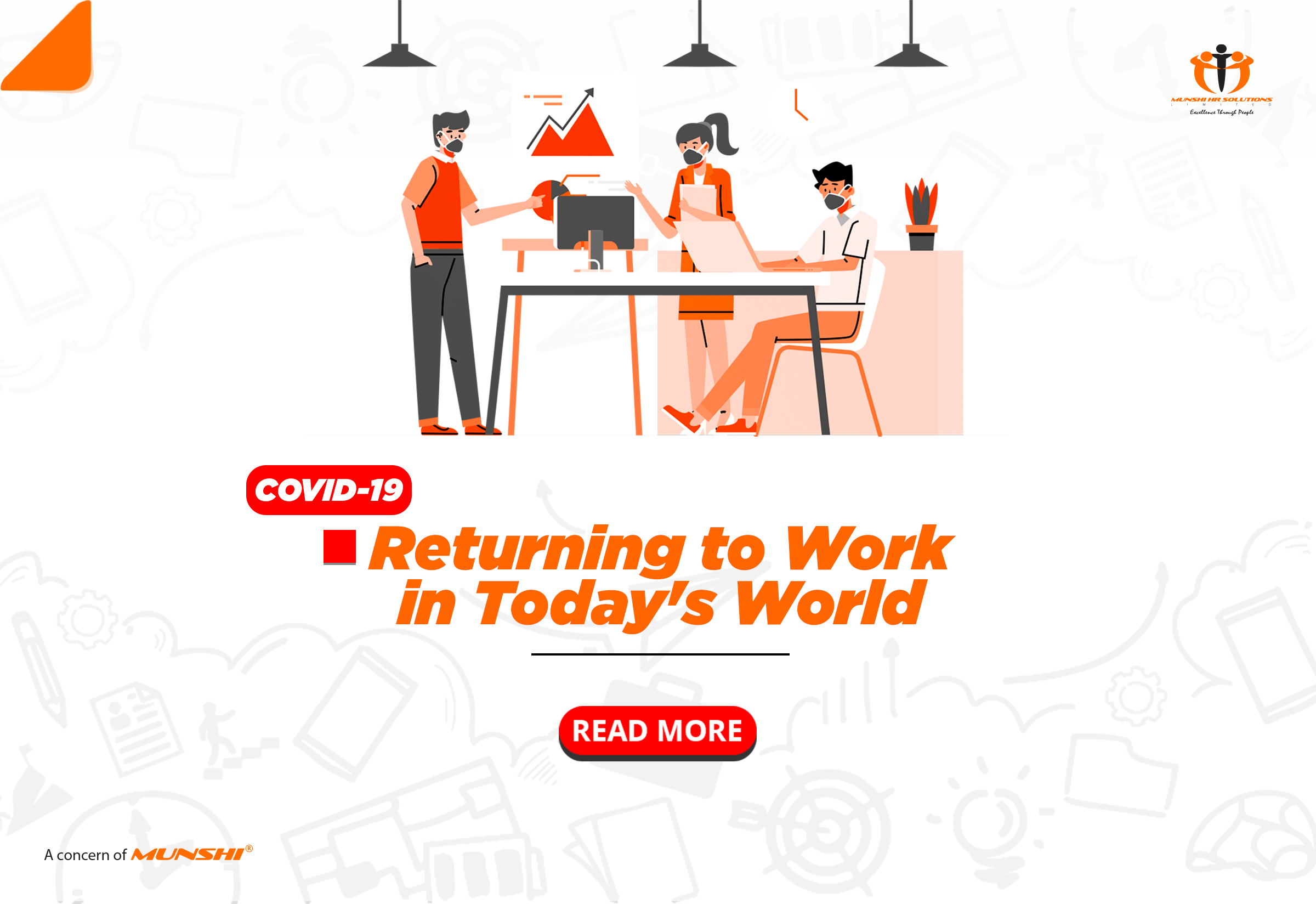

The COVID-19 pandemic is on a constant rise in Bangladesh, as we finally return to our workplaces. Even though it’s the first real sign of normalcy, much of the dynamics pertaining to the workplace remain changed. Safety protocols are mandatory as companies go back to the drawing board, to figure out how to best achieve their business goals. As much as everyone might want to; for the time being, it’s impossible to consider going back to “business as usual”.
The health and safety of the employees should be the top priority as companies restart on-site operations. After all, not only is it a moral, ethical and legal concern for the companies, employee wellbeing and satisfaction are two of the most important factors in any form of business operation a company would undertake. Not only should companies follow the protocols set up by the Ministry of Health, it’s further advised to follow the guidelines setup by the International Labour Organization as well*.
It’s important to have an open mindset in regards to employee reluctance or inability to come to the workplace. Also a Cleaning service is very important for every in every workspace then Employees are right to be concerned about returning to the workplace. Management should review employee situations, case by case, to decide if some other alternative route can be taken. It’s possible that their role may be largely unaffected whether they work from home or from the office, in which case they can keep working from home. Employees may be living in remote places, and they may not have the proper accommodation to sustain going back and forth to the workplace in a daily routine. Understanding their position and working to find a common solution will go a long way in strengthening employer-employee relations.
However, what about the employees that have key onsite roles, who absolutely cannot return to the workplace or refuse to do so? Layoffs should be seen as the absolute last measure. It’s much more viable to consider letting employees use their paid leave time, or allow unpaid leave, while setting up an online channel between these employees and the workplace, and/or hiring for the positions in short-term.
Company management should re-evaluate business goals in the short term due to the extraordinary circumstances. A hybrid work model (where employees are given the choice as to whether they want to work from home or in the office) has been shown to have positive effects on employee performance as some employees perform better in one environment over another. A rotational work schedule should be implemented as to not congest the workplace. A phased approach should be considered in setting up onsite operations as it is highly inadvisable to have your entire workforce return to the office on day one. Management should aim to be more communicative than ever, keeping an open channel with the employees and informing them of any developments or changes. Quashing uncertainty will go a long way towards improving employee morale.
Ultimately the key takeaway is that consideration for employee wellbeing should be every company’s priority in order to achieve their business goals in an ethical and effective manner. The steps taken now will reflect a company’s image and integrity in one of the most volatile economic landscapes that we’ve ever encountered on the global scale.
*For Further Reading - https://www.ilo.org/wcmsp5/groups/public/---ed_dialogue/---act_emp/documents/publication/wcms_744033.pdf

